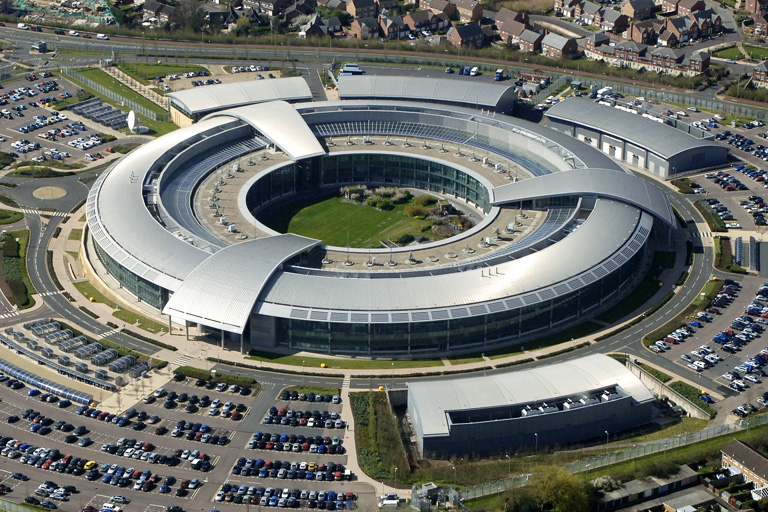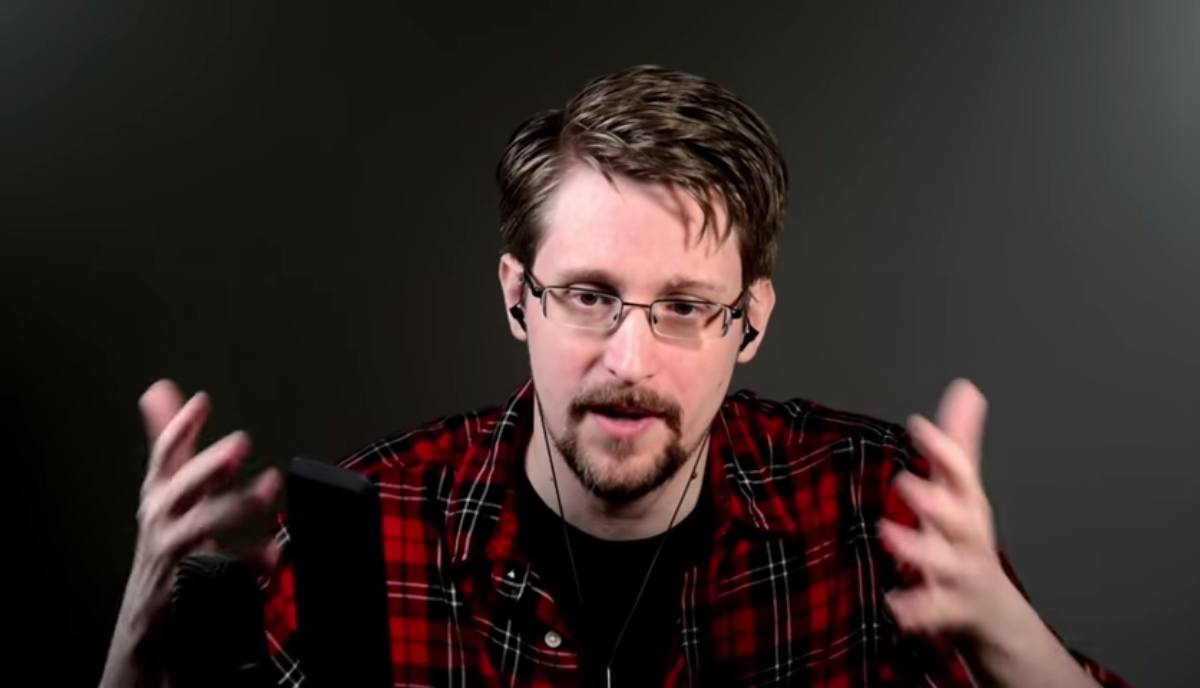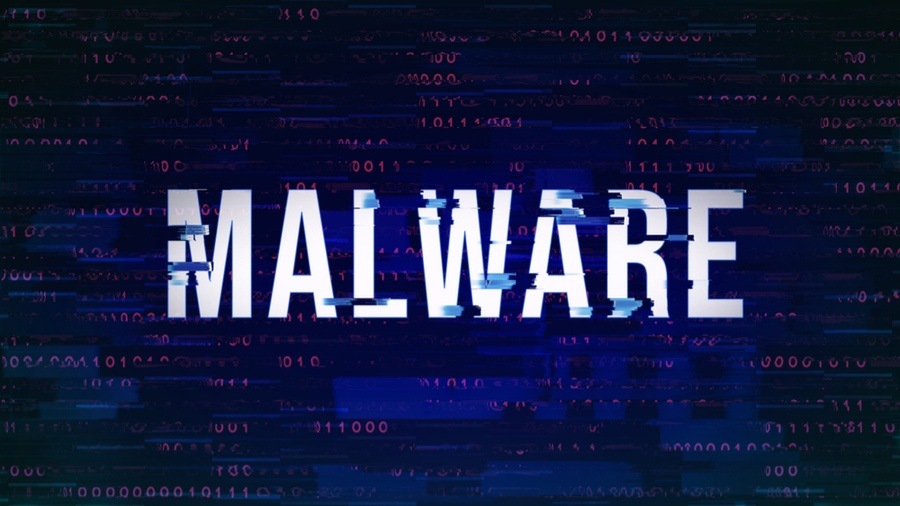The surveillance system revealed by Edward Snowden violates the right to privacy, said judges of Strasbourg
The methods of the Government Communications Headquarters (GCHQ) for the mass interception of online communications violated privacy and did not provide sufficient guarantees, as has been ruled by the European Court of Human Rights (ECHR). However, the ECHR discovered that the GCHQ policy to share sensitive digital intelligence with foreign governments was not illegal, and confirmed that this is permissible, if more stringent guarantees for the processing of collected information are implemented.
The ruling, stemming from the allegations of Edward Snowden, is a thorough assessment by the ECHR on interception operations carried out recently by UK intelligence agencies.
Legal lawsuits, which had already been heard by the UK court of Investigation powers, were presented by a coalition of 14 human rights groups and non-profit organizations, including Amnesty International, Liberty, Privacy International and Big Brother Watch, as well as journalists from different parts of the world.
The case concerned the data interception policy previously operated by GCHQ. According to experts in ethical hacking, the judges considered three aspects of digital surveillance: the massive interception of communications, the exchange of intelligence and the collection of communications data from service providers.
By a majority of five to two votes, the judges of Strasbourg found that this policy of the GCHQ violated Article 8 of the European Convention on Human Rights, which guarantees privacy, because it was said that there were insufficient guarantees for the intercepted information.
This litigation was provoked by the revelations made by Edward Snowden in 2013, which showed that GCHQ intercepted, processed and stored data on the private communications of millions of people secretly, even when those people were not subjects of intelligence activities. In one of the operations, called Tempora, the agency intercepted cables and communication networks to obtain large volumes of Internet data, as reported by experts in ethical hacking from the International Institute of Cyber Security.
Through his Twitter account, Snowden Published: “For five long years governments had denied that global mass surveillance violates our rights. And for five long years we have chased them through every possible court. Today we win; do not thank me, but those who have not stopped fighting since then”.
The ECHR’s ruling states that “the British authorities have not confirmed or denied the existence of the so-called Tempora operation”.
In additional notes to the main sentence, the Tribunal stated that it recognized the severity of the threats of terrorism, online sexual abuse and other crimes faced by European States. Advances in technology have made it easier for terrorists and criminals to evade detection on the Internet, the judges recognized.
According to experts in ethical hacking, the policies of massive data interception can be legal if countries consider it necessary in the interest of national security, but certain minimum guarantees are required.
These guarantees include that the law must indicate the nature of the offences which may lead to an interception order; a definition of the categories of persons who may intercept their communications; a limit on the interception period; the procedure to be followed to examine, and the circumstances under which the intercepted data may be stored or destroyed.











